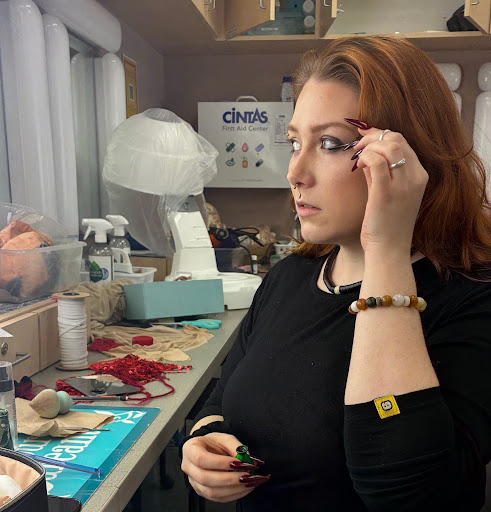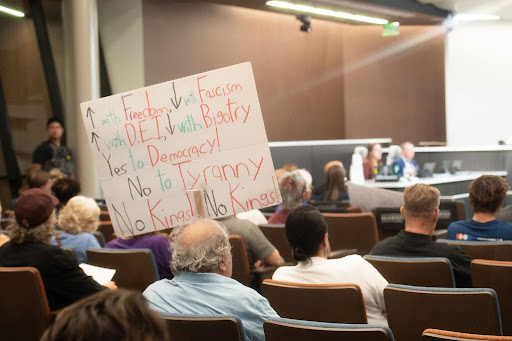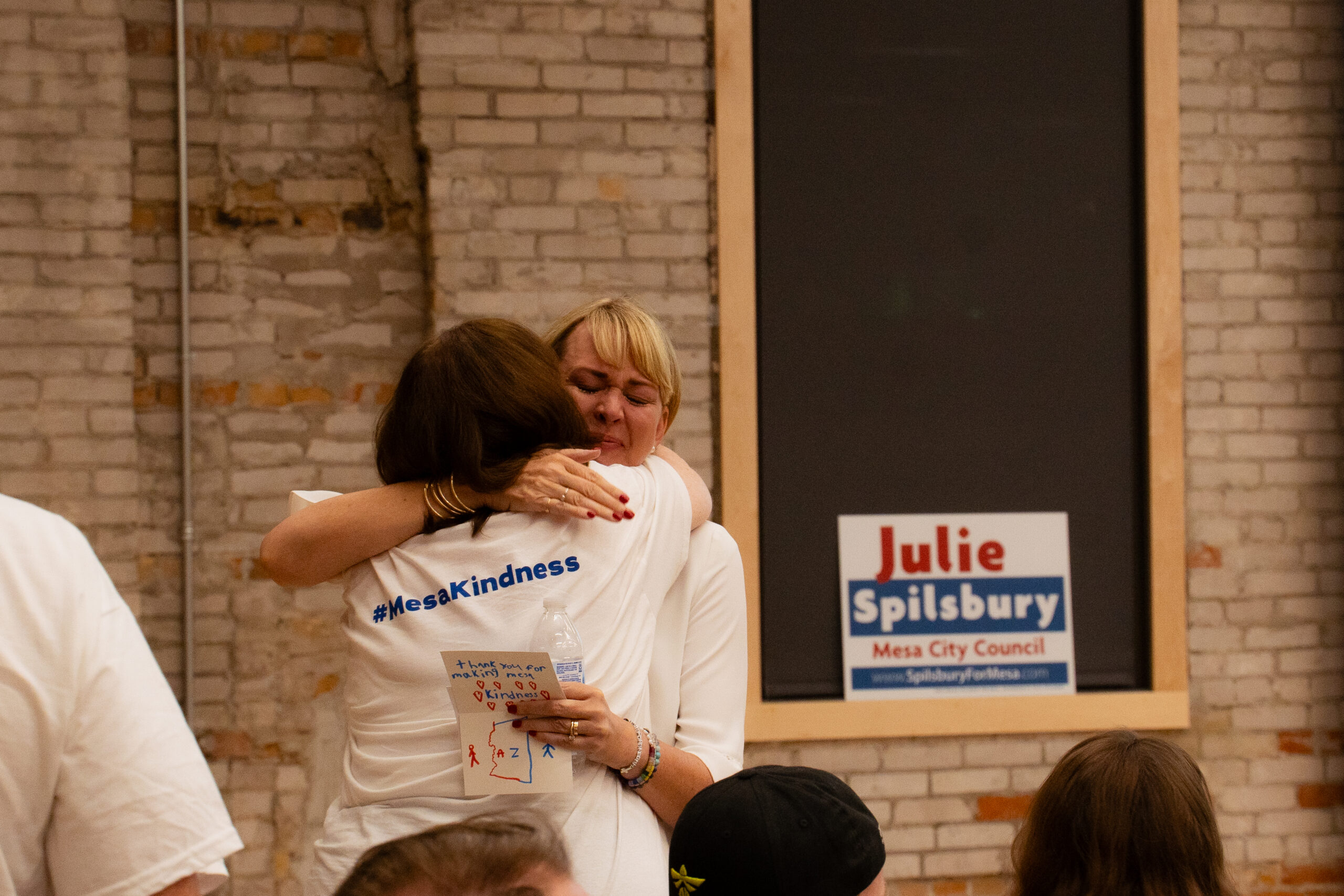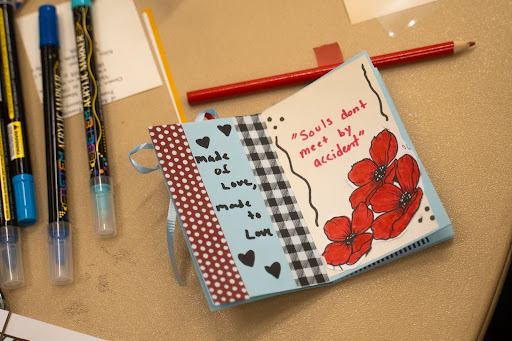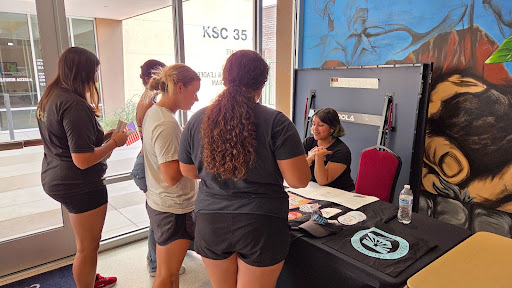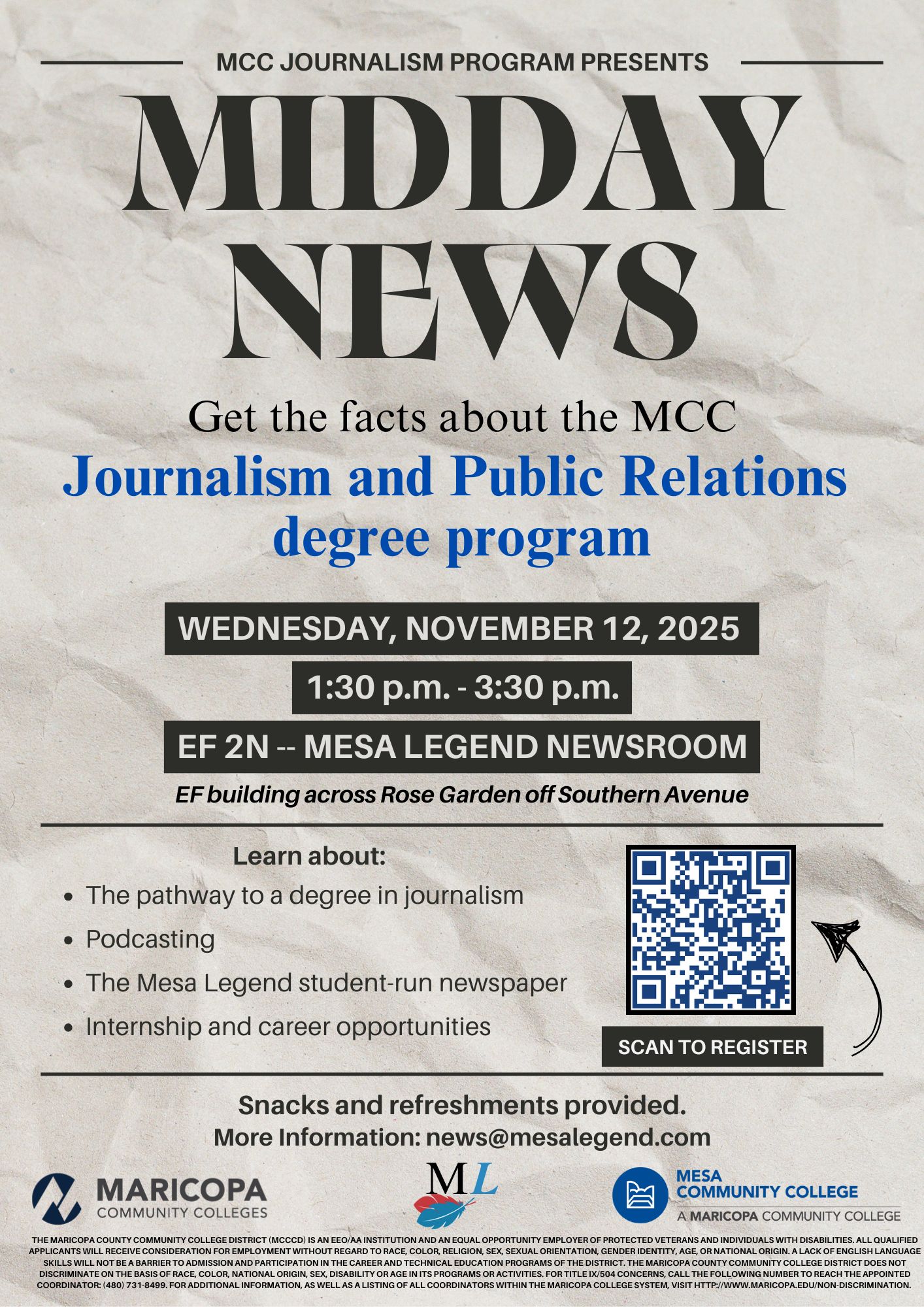Common courtesy, respect lose out to digitization
Adella Helton
Mesa Legend
 With such an emphasis placed on one’s digital presence today, the focus on effective, respectful communication seems to be changing. Many young people these days shun traditional methods of interacting such as making phone calls, writing a letter, or having a conversation in person. Instead, they opt for faster, more flexible means of communication such as texting or social media. With these new methods comes a different set of rules and categories of conversation, allowing for less rigid expectations regarding the ethics of behavior. These behaviors showcase the assumption that a mutual understanding exists regarding value systems in communication. Yet, a disparity of values seems to occur between those who prefer face to face conversations and those who are more comfortable behind the screen of an electronic device.
With such an emphasis placed on one’s digital presence today, the focus on effective, respectful communication seems to be changing. Many young people these days shun traditional methods of interacting such as making phone calls, writing a letter, or having a conversation in person. Instead, they opt for faster, more flexible means of communication such as texting or social media. With these new methods comes a different set of rules and categories of conversation, allowing for less rigid expectations regarding the ethics of behavior. These behaviors showcase the assumption that a mutual understanding exists regarding value systems in communication. Yet, a disparity of values seems to occur between those who prefer face to face conversations and those who are more comfortable behind the screen of an electronic device.
Not so long ago, parents taught their children to be respectful in communication. This respect extended beyond a mere ‘please’ and ‘thank you’. It included responding when spoken to, having proper closure to a conversation, and never walking away while someone was speaking. Yet in today’s communication climate, these highly offensive behaviors are commonplace. Texts go unanswered, conversations fizzle, and the practice of ‘ghosting’ is rampant.
So where does this leave those who still place a high value on “old-fashioned” face-to-face, courteous communication? Misunderstood is the word that comes to mind. Those who desire courteous interactions whether it be face to face or via digital methods often feel judged for their “unrealistic expectations,” and disrespected in the process.
This topic extends far beyond the surface issue of texting versus in person conversation. It goes further than interactions between friends or partners and carries into the workplace. Without an emphasis on written and oral skills, those who pride themselves on their technological shrewdness are at a disadvantage when it comes to achieving professional success, even in today’s high tech landscape. Despite the fact that society is placing more importance on doing business digitally, there is still a demand for effective ‘soft skills’ such as face-to-face communication in the workplace.
Additionally, the message sent to the youth today is that learning to interface with one another is not important, and that it is acceptable to do it without regard to practicing respectful behaviors. As the values of the previous generation fall away, a new set of values replaces those of their predecessors. This attitude of apathy signifies a changing of the guard, if nothing else.
